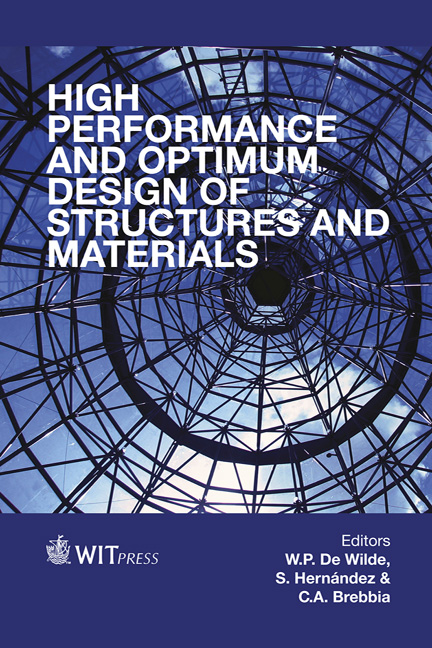Evaluation Of The Interfacial And Interlaminar Shear Strength Of Carbon Fiber Reinforced Polycarbonate Made By A Unidirectional Sheet
Price
Free (open access)
Transaction
Volume
137
Pages
9
Page Range
291 - 299
Published
2014
Size
1,670 kb
Paper DOI
10.2495/HPSM140271
Copyright
WIT Press
Author(s)
K. Tanaka, M. Suzue, S. Isshiki, M. Shinohara & T. Katayama
Abstract
Carbon Fiber Reinforced Plastics (CFRP) have been attracting attention in the automotive industry for their light-weighted properties. Thermoset plastics are mainly used as a matrix of CFRP in the aerospace industry. Thermosetting resin takes a long time for molding and this results in high costs. On the other hand, Carbon Fiber Reinforced Thermoplastics (CFRTP) are recyclable, good in productivity and excellent in impact strength. Thus, they are expected to be widely applied within the industry. Polycarbonate (PC) is excellent in impact resistance that does not change even at low temperatures. Therefore, PC can be expected to be applied as matrices of CFRTP. PC with higher-molecular-weight improves its impact resistance, but at the same time, increases its viscosity and deteriorates impregnation of the continuous fibers. Therefore, improvements in moldability of CF/PC are required. To improve the quality of the molded CF/PC, CF/PC thermoplastic prepreg, in which carbon fabrics or unidirectional carbon sheets are pre-impregnated with PC, were developed. In this study, carbon fiber reinforced polycarbonate (CF/PC) laminated composites were molded with thermoplastic prepregs of unidirectional (UD) sheets; moldability and mechanical properties of CF/PC laminated composites were evaluated. Keywords: carbon fiber, polycarbonate (PC), thermoplastics, CFRTP, UD sheet, thermoplastic prepreg.
Keywords
carbon fiber, polycarbonate (PC), thermoplastics, CFRTP, UD sheet, thermoplastic prepreg.





